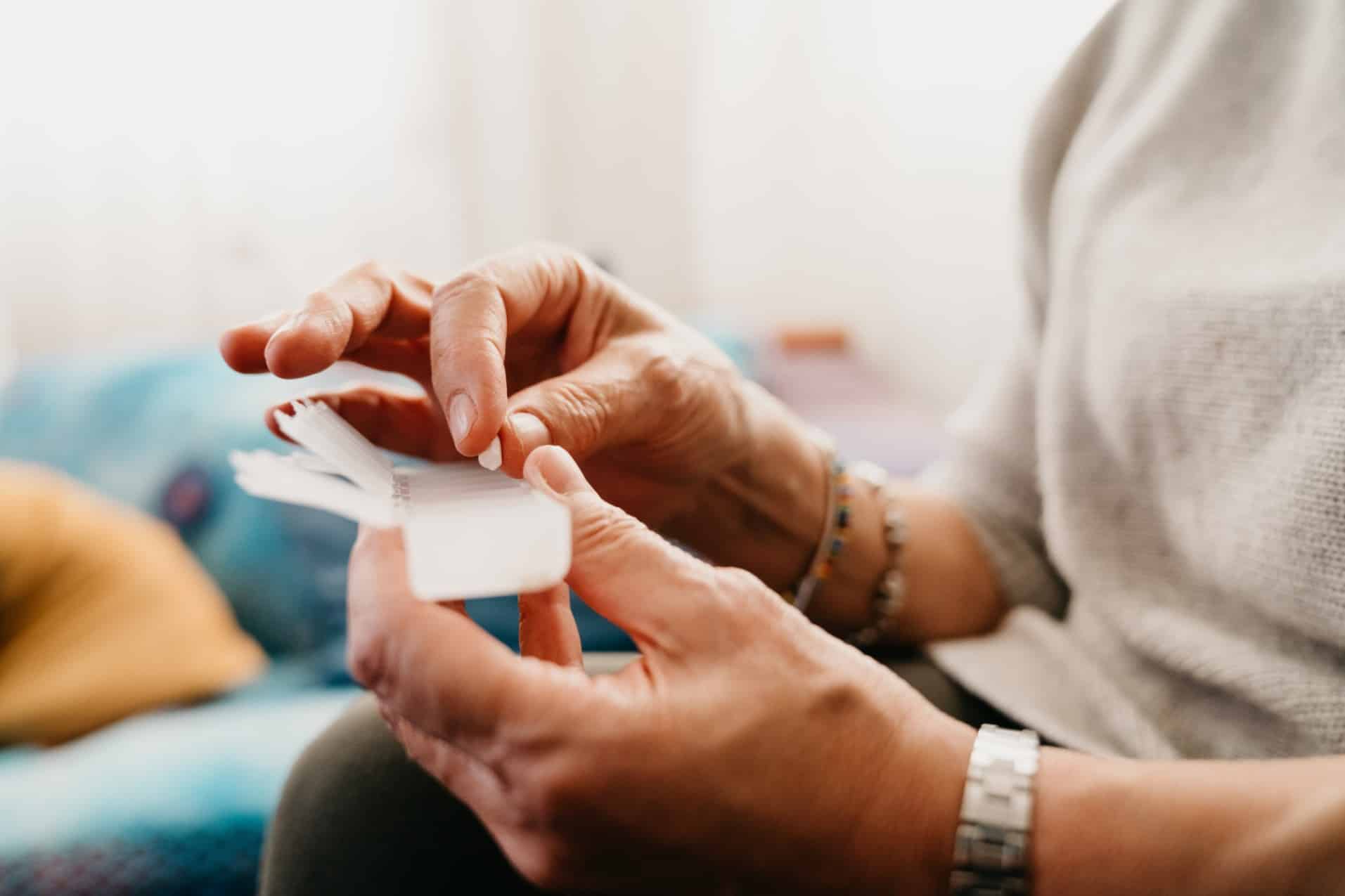Drug induced bipolar disorder is a serious mental health condition that can have long-term implications. It happens when treatment of a medical condition, like depression or ADHD is causing Manic episodes among the patients affected. While drug-induced bipolar disorder has similar symptoms to the traditional types of bipolar disorder, it’s important to understand its distinctive characteristics and efficient treatments to deal with this possible unwanted side effect properly and in a responsible manner. The causes of bipolar disorder, a review of symptoms that are common, methods of diagnosis used by psychiatrists, as well as the various treatments available to treat the diagnosis. Mental health professionals can give insight on how to best identify signs of mania induced by drugs among patients who take certain medications. Patients can also know the steps to follow after a diagnosis is confirmed.

Bipolar disorder is a multifaceted mental health disorder that is characterized by extreme mood swings that can range between depressive episodes and manic or hypomanic episodes. Research has revealed that even though the causes of bipolar disorder is not known but there are several aspects involved, such as genetics and brain chemistry. Bipolar disorder caused by drugs is an under-researched form of bipolar disorder that can be caused by addiction to substances or specific medications.
The symptoms of bipolar disorder are caused directly by drugs or medication. This is referred to as drug-induced disorder. The distinction between drug-induced and non-drug-induced disorders is not the same as bipolar disorder caused by substance abuse. Drug-induced bipolar disorders can mimic bipolar disorder symptoms, but the trigger is drug use.
Different substances have been linked to the development of bipolar disorder. These include stimulants like amphetamines, cocaine, and ecstasy. As along with certain antidepressant drugs, steroids, and even some herbal supplements. These chemicals can trigger mood swings, hypomanic or manic episodes because they alter the delicate balance of neurons in the brain.
The signs and symptoms of drug-induced bipolar disorder are similar to those of bipolar disorder as a whole and could include alternating periods of elevated mood (mania or hypomania) and depressive episodes. During manic or hypomanic episodes, individuals may experience heightened energy levels, increased irritability and impulsivity, racing thoughts, decreased requirement for sleep, and engaging in risky behaviours. Depressive episodes, on other hand, are marked by despair, sadness, loss of interest in particular activities such as eating or sleep patterns, and thoughts of self-harm or suicide.
It is often difficult to determine if you suffer from bipolar disorder induced by drugs because the signs are often mistakenly attributed by users of the substance. Bipolar induced by drugs requires an individual treatment. In order to heal and maintain stability, substance usage must be controlled along with the bipolar symptoms.
The treatment for drug-induced bipolar disorder is usually a mixture between psychotherapy, medications as well as addressing issues with alcohol abuse. Medications like mood stabilizers and antipsychotics are often prescribed to manage mood swings and treat symptoms. Psychotherapy, such as cognitive-behavioral therapy (CBT), can help individuals develop coping strategies that identify triggers, as well as adopt lifestyle changes to aid in their recovery.
The treatment of substance-related Bipolar Disorder should address the issue of the use of substances. It is often necessary to attend support groups or engage in treatment programs to treat substances abuse. The addiction specialists can assist in addressing the root causes. To ensure long-term recovery, it is vital to devise a treatment plan that takes into account both bipolar symptoms as well as substance abuse.
If you or someone you know suffers with drug induced bipolar disorder, it is important to seek help from a professional. A mental health professional experienced with treating disorders that co-occur is able to offer a thorough diagnosis and devise a personalized treatment plan. If you receive the proper treatment, you can recover.
The bipolar disorder that is caused by drugs is a form of bipolar illness which can be triggered by substance abuse and certain medications. It is important to differentiate this type of bipolar disorder from the traditional bipolar disorder in order to ensure proper diagnosis and treatment. To be able to effectively support and care for those affected by Bipolar Disorder caused by drugs It is vital to know the symptoms and causes, as well as treatments. Patients can experience stability, recovery and better quality of life by following the right approach, which addresses both bipolar symptoms as well as addiction issues.
